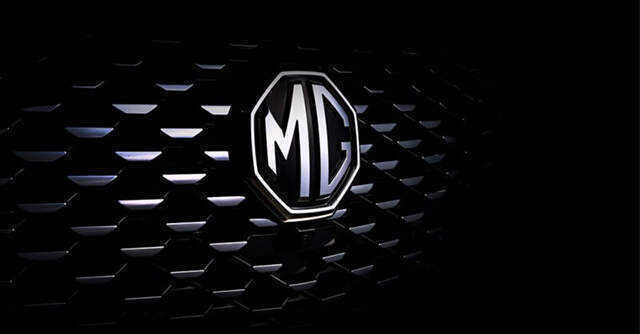
MG's Astor to use blockchains to manage insurance claims, resale values


The upcoming mid-size SUV MG Astor will not only be equipped with the level 2 autonomous technology, but the company is also using blockchains on it.
Like most connected vehicles today, the MG Astor also records information on the user’s driving prowess.
MG has partnered with homegrown blockchain firm Koinearth, to record this data into something called a “Digital Passport”.

For the customer, the digital passport is simply an interface on the app, which shows the data the car has recorded. However, Praphul Chandra, chief executive officer of Koinearth, explained that it is at the centre of a blockchain-based platform that connects various parties. In this case, the passport is created by MG Motors, but the data in it is owned by the user, meaning they will have to explicitly provide consent before someone else can access this data.
The platform will include the auto-maker, insurance firms and even resellers, to use this data for future decisions. For instance, insurance premiums for a good driver can be lower than that of someone whose Passport data shows that they drive more recklessly. Similarly, when the customer sells their car in future, service records etc. can be stored on the Passport to help determine the resale value.
MG Motors will work with multiple insurance and reseller companies, who will have to join the platform. Access to the Passport is recorded on the blockchain and the data can only be accessed once the user has provided their consent. The automaker hasn’t disclosed which insurance companies and resellers have joined hands with it at the moment.

Unlike the MG Astor’s autonomous tech touted by the company, the Digital Passport is actually a first of its kind feature automakers in India.
That said, similar technology has been used globally. Europe’s largest insurer, Allianz, had announced an enterprise blockchain platform in July, which allows the company to simplify the insurance claims process across its different legal entities across the continent. The company plans to deploy the solution in 23 of its European subsidiaries.
Similarly, KPMG and a company called IntellectU had partnered to develop a blockchain based solution that aims to reduce insurance fraud in March this year. The solution keeps users from committing fraud by filing insurance claims with multiple companies for the same incident. It does so by connecting these companies using a blockchain platform, which means filing a claim with one will automatically be seen by the other.

